A lease agreement is a legal document that governs the relationship between the landlord and the tenant. It defines their mutual rights and obligations and specifies the property that is the subject of the lease. This contract must be concluded in written form, as this is the only way to ensure legal certainty and clarity in case of future disputes. A properly drafted lease agreement must include provisions that allow both parties to clearly understand their responsibilities.
The first essential element of a lease agreement is the identification of the parties involved and the subject of the lease. In other words, it should specify which property and any potential additional parts of the building (common areas, bicycle storage, parking spaces) are being leased. It must also state who the owner of the property is—the person leasing it—and who the tenant is—the person who, based on the lease agreement, is granted certain rights to the property.
At the time of signing the lease agreement, its duration must be determined. The parties must agree whether the lease is for a fixed or indefinite period, as this directly affects the possibilities for renewal or termination of the contract. In the case of a fixed-term lease, it is important to clearly state the start and end dates of the lease, as well as the conditions under which the contract may be extended or terminated.
The lease agreement must also contain clearly defined terms regarding the payment of rent. In addition to the amount of rent, it should specify payment deadlines and the method of transferring funds. It is crucial to also include any additional costs associated with the use of the property.
The lease agreement should address the issue of responsibility for the maintenance and repairs of the property. The contract must clearly define who is responsible for regular maintenance and who covers the costs of repairs in case of damage or malfunction. Typically, regular maintenance is the responsibility of the tenant, as they are the one using or living in the property. Major maintenance work, renovations, and investments are usually covered by the landlord. Both the tenant and the landlord are obliged to inform each other of any changes in the condition of the property or any deterioration. This is the only way to ensure timely action and minimize potential damage to the property, thus protecting both parties’ assets.
In practice, the matter of early termination of the lease agreement is also very important. The contract should include provisions outlining the conditions under which either party may terminate the agreement before the end of the agreed period. Therefore, notice periods and potential consequences of early termination must be clearly stated.
It is important to understand that lease relationships are also regulated by law, which means that contractual arrangements are limited to a certain extent. Due to the complexity and legal implications of a lease agreement, it is crucial that such a contract is drafted by a legal expert. Only a correctly drafted lease agreement can serve as a solid foundation for a successful and transparent rental relationship that protects the interests of both the landlord and the tenant. Ultimately, it also reduces the risk of disputes between the parties.
Although many people choose to handle renting or leasing out a property on their own, this often brings unexpected challenges—from unclear contract provisions to difficulties in finding a reliable tenant. To avoid complications, it makes sense to entrust the entire process to professionals.
At Baza Real Estate, we ensure that renting or leasing out a property is safe, simple, and risk-free. We prepare all legally compliant documentation, find suitable tenants, and ensure that the entire process runs smoothly, without unpleasant surprises.
For more information or consultation, contact us: Tel: 00386-40-626-131; Email: tajnistvo@bazarealestate.com.





